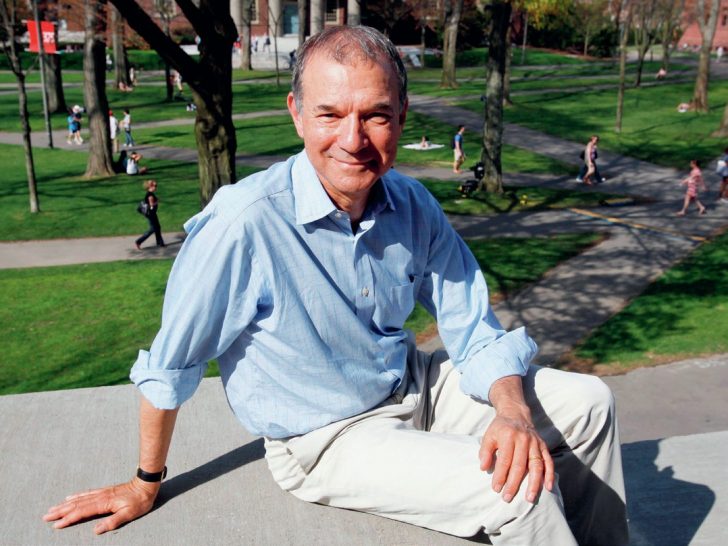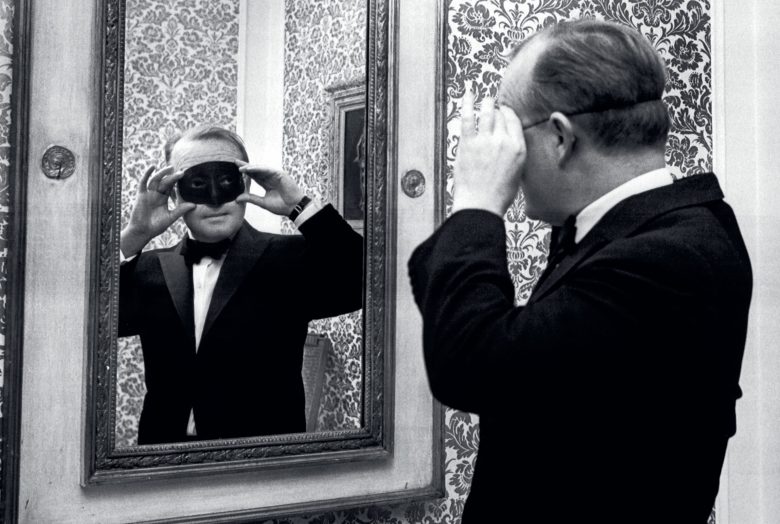
If you’re intending to apply to university in year 13, you might be planning to do some extra reading over the summer. Your teachers might have advised you to ‘read around’ your subject. Universities look for evidence of this wider reading in your UCAS personal statement (though perhaps not by clichéd references to your ‘passion for literature’ and your ‘love of reading’). They are keen to see that you have a commitment to your subject, the sort of commitment that can sustain you through three or four years of a university degree. Independent reading also shows that you are motivated to read, study and analyse on your own — skills you will depend on in higher education. If you apply to a university that interviews prospective students, you might be asked about your extracurricular reading in your interview.
The Staircase 12 website run by the University of Oxford’s University College, which offers advice to students aiming for top universities, calls this kind of reading super-curricular reading: ‘Super-curricular activities are those that take your regular curriculum further. They take the subjects you study in the classroom beyond that which your teacher has taught you or what you have been set for homework.’ So, to ‘read around’ your English literature A-level, what sort of super-curricular reading should you do?
Your organisation does not have access to this article.
Sign up today to give your students the edge they need to achieve their best grades with subject expertise
Subscribe




